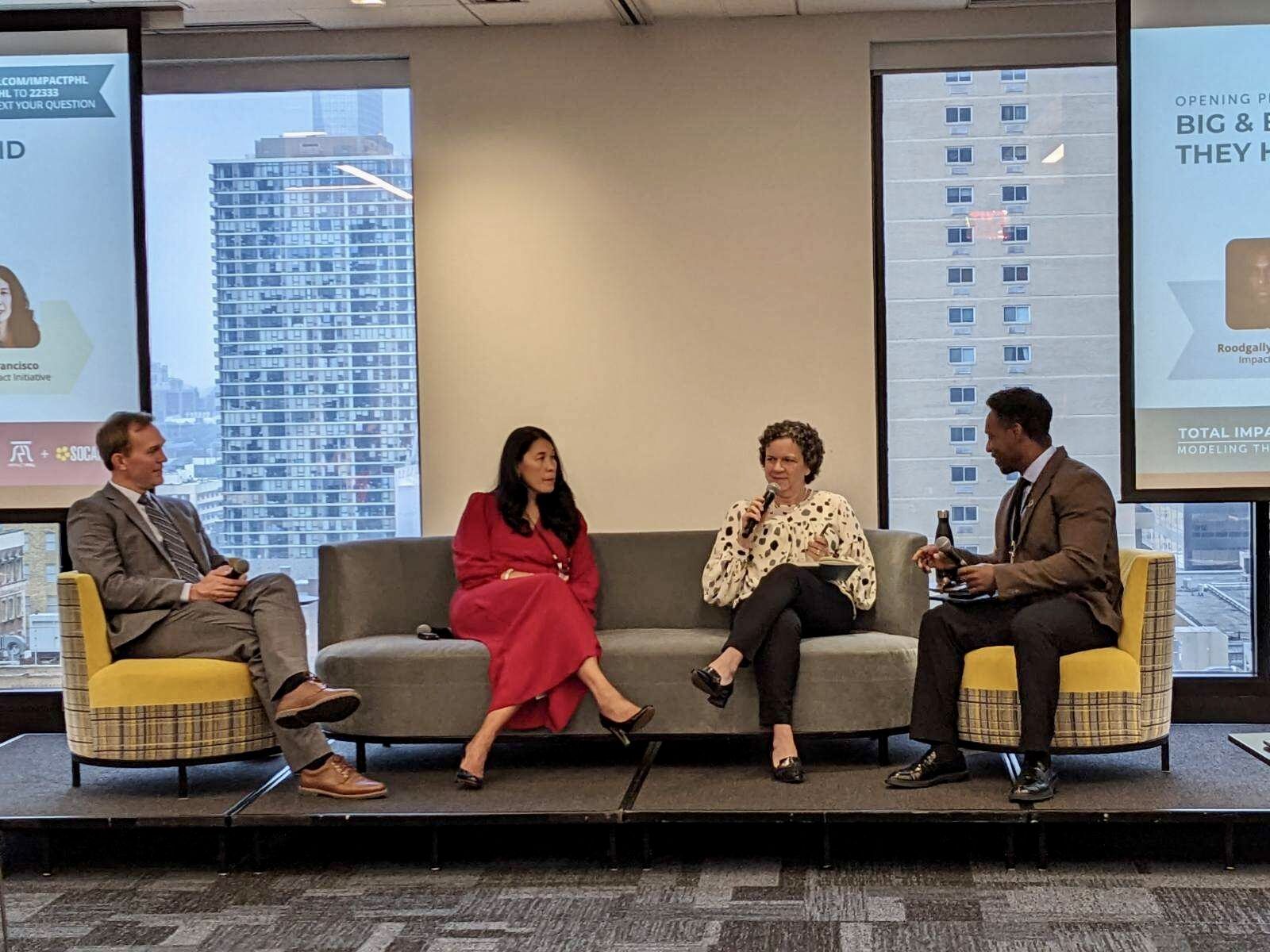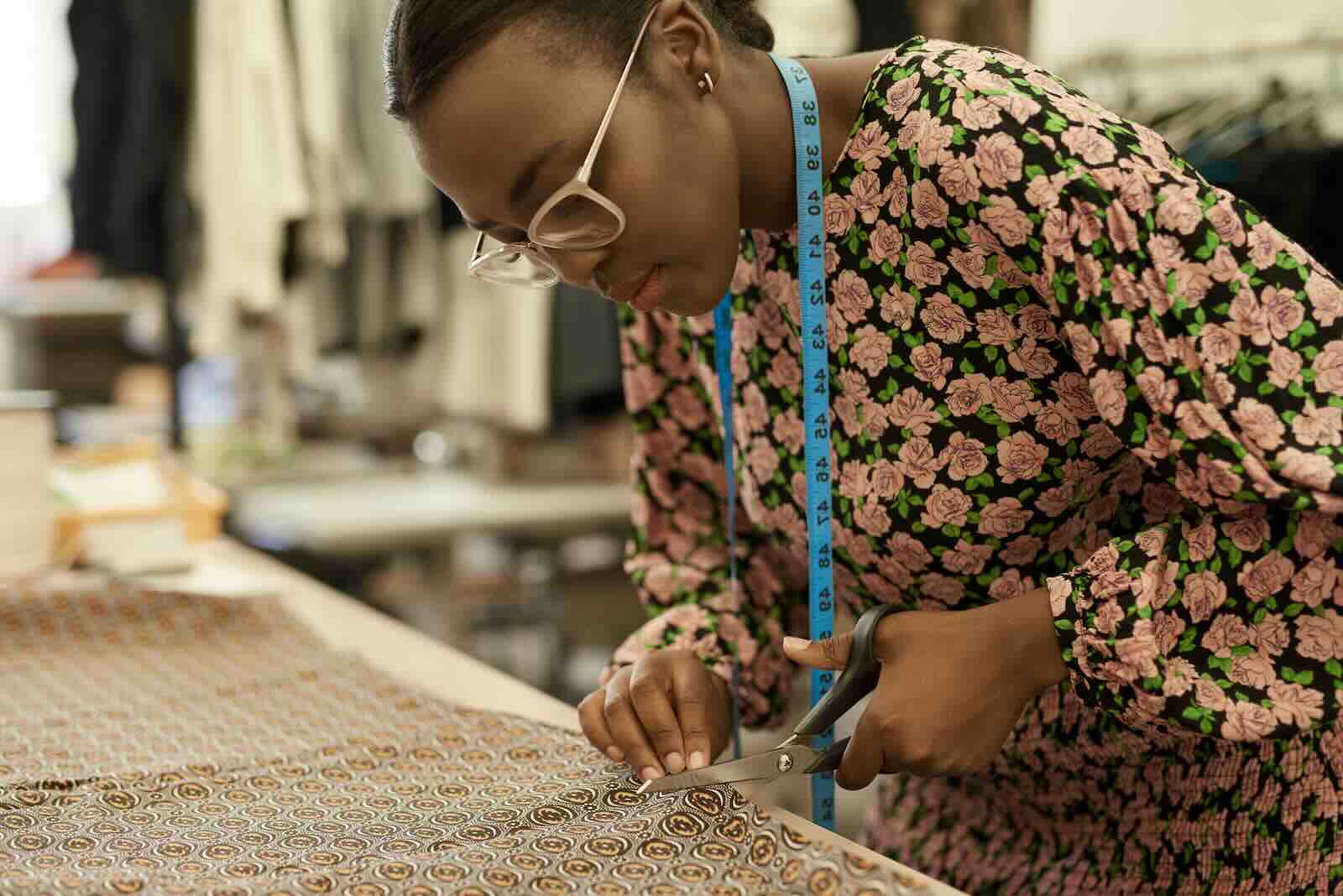Greetings, ImpactAlpha readers!
Jeremy Nowak’s ethos for our time. The thing about Jeremy Nowak’s passing this week is that, at 66, he may have been just getting started. Nowak’s life’s work was reimagining finance, philanthropy, policy and media. His latest work, The New Localism, pulled those threads into a workable vision for revitalizing civic life and rebalancing local economics that is increasingly apt for the moment.
“In contrast to right-wing populism, New Localism embraces diversity rather than ethnocentrism and is curious rather than closed,” Nowak and co-author Bruce Katz write in chapter one. “In contrast to the political extremes of both the left and the right, New Localism is guided by pragmatism rather than by ideological fervor. New Localism governs with a long- term view toward the future; much of populism campaigns on a shortsighted return to the past.”
Diverse. Curious. Pragmatic. Long-term. Losing Nowak recommits the rest of us. More social finance, more inclusive urban development, more solutions-oriented journalism, more engaged citizenship.
That spirit is alive in Philadelphia, Nowak’s hometown. My family and I returned here a year ago to be near family, grab a Super Bowl win and engage the city’s 21st century revival. Next up for us: Austin, Texas, another center of local, social innovation.
“Power,” write Nowak and Katz, “belongs to the problem solvers.”
– Dennis Price, editorial director
P.S. Austin friends, please say hello, and send tips, introductions… and invitations to [email protected].
Featured: The Brief’s Big 7
1. Traditional funds are missing the “missing middle” in emerging-markets investing. The walk is not matching the talk about driving an entrepreneurial renaissance in the world’s growth markets. This week’s data point: More capital than ever is being raised by emerging-market private equity and venture capital funds, but less of it is going to small and growing businesses, according to the latest state of the small and growing business sector report from the Aspen Network of Development Entrepreneurs. “The numbers that we see do not align with the amount of talk around impact investing and social enterprise,” ANDE’s Randall Kempner told us. It’s not just small businesses that are being starved, but innovative approaches and vital products and services needed to meet global sustainable development goals. The state of the sector.
2. Capria’s network tries to zig where others are zagging. While other fund managers are running away from early-stage investments, Capria is running toward them. The Capria network now includes 16 local impact funds that make sub-$1 million investments in Asia, Africa and Latin America. International Finance Corp., the investment arm of the World Bank, committed $13 million to the Capria Fund to invest in fund managers and their funds. Capria’s ‘network fund’ helps local team find early-stage deals with low deal sizes, “where there is little investor competition and a lot more deals to choose between,” Capria’s Dave Richards told ImpactAlpha. Change the game.
3. Making capital markets work for small farmers. All the challenges of emerging-market investment show up in smallholder agriculture, where deals are small, customers are new and markets nascent. Total lending to small and mid-sized farming enterprises has doubled in the past five years, yet the share of loans to smaller enterprises is falling. The reason: Average smallholder loans are just not profitable. Dalberg’s recommendations for building small-farmer finance markets: blended finance instruments that mix grants, guarantees, low-cost lending and technical assistance to lower costs, scale revenues and reduce risks. High impact, low margin.
4. Real estate funds jump into opportunity zones, raising concerns about displacement. Fundrise’s new $500 million opportunity fund may offer a chance to establish industry practices to guard against extraction and dislocation in newly named opportunity zones. The company doesn’t consider itself an impact investor but sees value in transparency. Fundrise CEO Ben Miller has called for a joint initiative among all opportunity funds to share data about the impact of investments, including building “a shared framework and combined database.” A first step.
- Seizing the Opportunity Zone Opportunity. ImpactAlpha’s Agents of Impact Call No. 3 on Thursday, Aug. 9 at 1pm ET / 10 am PT / 5 pm GMT will try to identify opportunity zone strategies for success and signs of danger. Join LISC’s Maurice Jones, Beeck Center’s Lisa Green Hall, Economic Innovation Group’s Steve Glickman – and ImpactAlpha. RSVP today.
5. Deals of the week. Drink from the deal firehose all week long on ImpactAlpha.com. A few that stood out:
- Missing middle. Aye Finance brings on MicroVest and Triple Jump as debt investors to expand financial products to small business owners in India… Nairobi’s Sokowatch gets backing to connect informal retailers to suppliers.
- Asian impact. Nepal’s Dolma Impact Fund raises $36.6 million for energy, agriculture, healthcare and tourism deals… Insitor backs SolarHome to expand pay-as-you-go solar in Southeast Asia… Bonus: The GIIN’s new landscape report on impact investing in Southeast Asia.
- Off-grid solar in Africa. Zonful secures backing from Persistent to extend off-grid solar in Zimbabwe… Zola secures $20 million debt funding for off-grid solar expansion in Tanzania, Rwanda, Côte d’Ivoire and Ghana… SunCulture gets backing from EDF Group to expand solar-powered agricultural products to West Africa.
- Ed-tech. Rise Fund puts $130 million into personalized learning company DreamBox… Student scholarship startup RaiseMe raises $15 million.
- Green finance. Apeel raises $70 million to curb food waste… EV Connect raises $8 million in round led by Ecosystem Integrity Fund… ENGIE venture fund acquires stake in HomeBiogas.
6. Kristen Yee: Gender bias creates gender-lens investment opportunities in ethical fashion. With their ethical fashion startup accelerator in Indonesia, Patamar Capital and Kinara Indonesia are finding investment opportunities in curbing the exploitation of the largely female workforce in the fashion industry. Their gender lens is finding value in companies that fight fast fashion, protect worker rights and pay workers well, are focused on environmental sustainability, use local talent and ensure the sustainability of culture, promote recycling, energy efficiency and waste elimination, and use innovative technology to help stakeholders. See how.
7. Summer Listening: Binge on ImpactAlpha’s top five podcasts of 2018. Need a summer recharge? Grab your headphones and catch up with ImpactAlpha’s podcast, Returns on Investment, now on its 65th episode. We’re counting down the most listened-to podcasts of the year so far. No 1: “BlackRock to CEOs: Get a long-term purpose, stat!” Enjoy your weekend.
— August 3, 2018.











